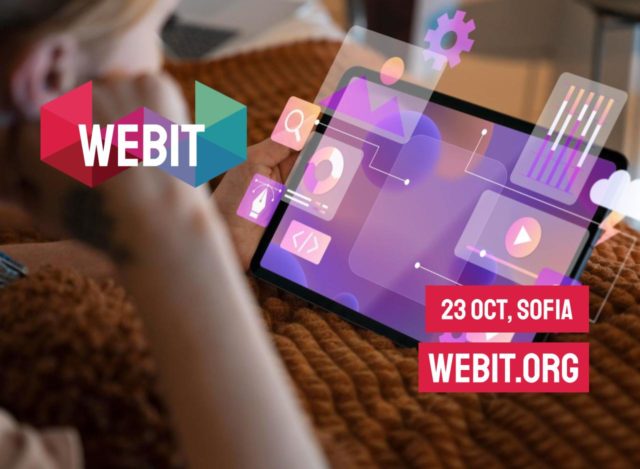Artificial Intelligence (AI) has become a transformative force in many industries, and marketing is no exception. As AI technologies evolve, they are reshaping how businesses engage with their customers, optimize campaigns, and make data-driven decisions. From personalized recommendations to predictive analytics, AI in marketing is enabling companies to connect with audiences in ways that were once unimaginable. This article explores the key ways AI is being applied in marketing and how it’s revolutionizing the industry.
1. Personalization at Scale

In today’s competitive landscape, personalization is essential for successful marketing. AI allows businesses to deliver personalized content, offers, and experiences to each individual customer based on their preferences, behaviors, and interactions.
For example, AI algorithms analyze vast amounts of user data to predict what products or services a person is most likely to be interested in. Netflix and Amazon use such systems to recommend content and products, tailoring each user’s experience in real-time. This personalized approach helps brands increase engagement, customer satisfaction, and ultimately, sales.
Traditional marketing efforts can be broad and untargeted, but AI allows marketers to create highly segmented campaigns, improving relevance and conversion rates.
2. Enhanced Customer Service with Chatbots
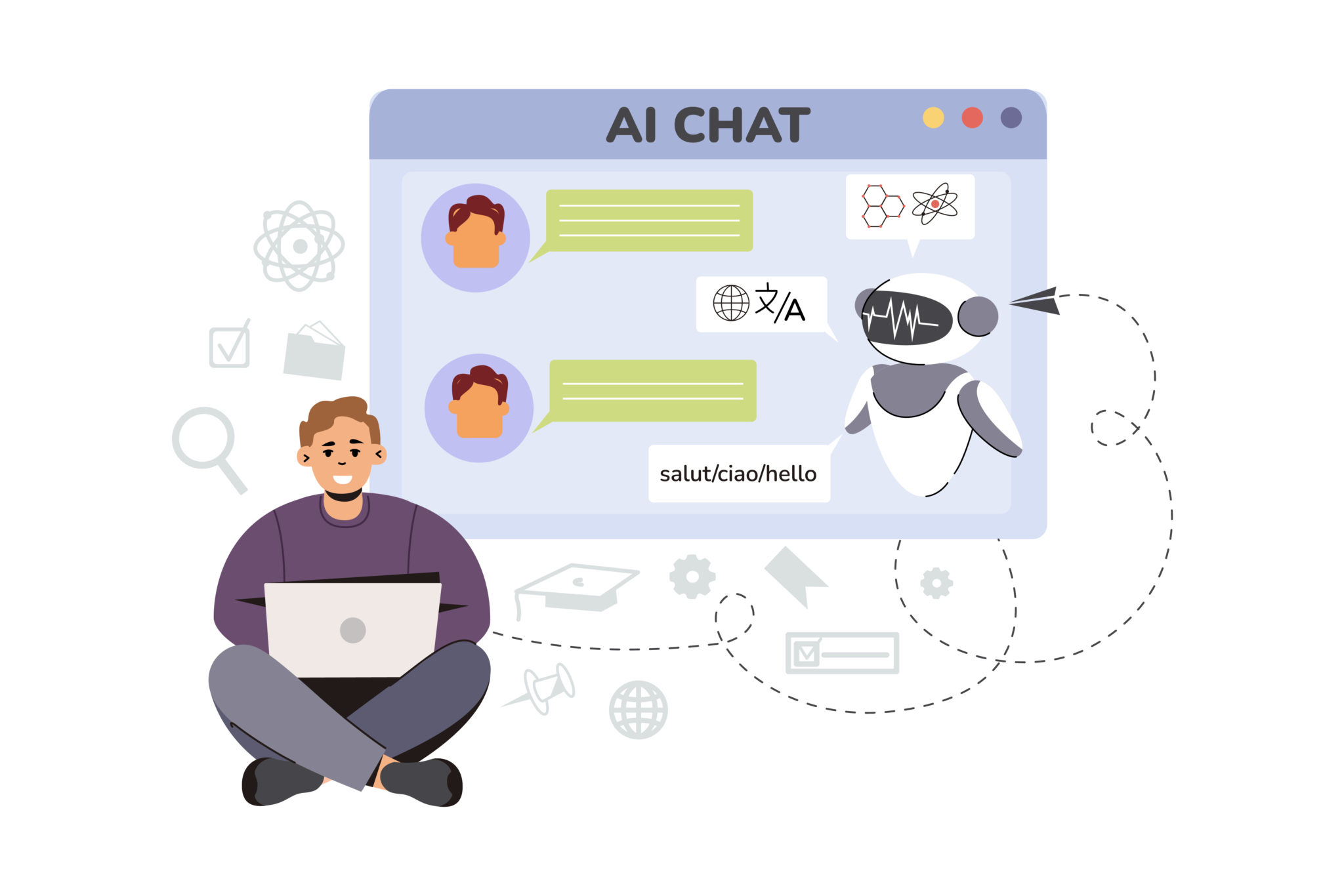
AI-powered chatbots have revolutionized customer service by offering 24/7 support, instant responses, and seamless interactions. These chatbots can handle a wide range of queries, from simple FAQs to complex issues, all without human intervention. As natural language processing (NLP) technologies improve, chatbots are becoming more conversational, making it easier for customers to resolve problems quickly and efficiently.
For marketers, chatbots are invaluable tools for engaging potential customers, gathering insights about their preferences, and guiding them through the sales funnel. AI-driven bots can also help generate leads, recommend products, and even process transactions—all while freeing up human staff to focus on more strategic tasks.
3. Predictive Analytics and Data-Driven Decision Making
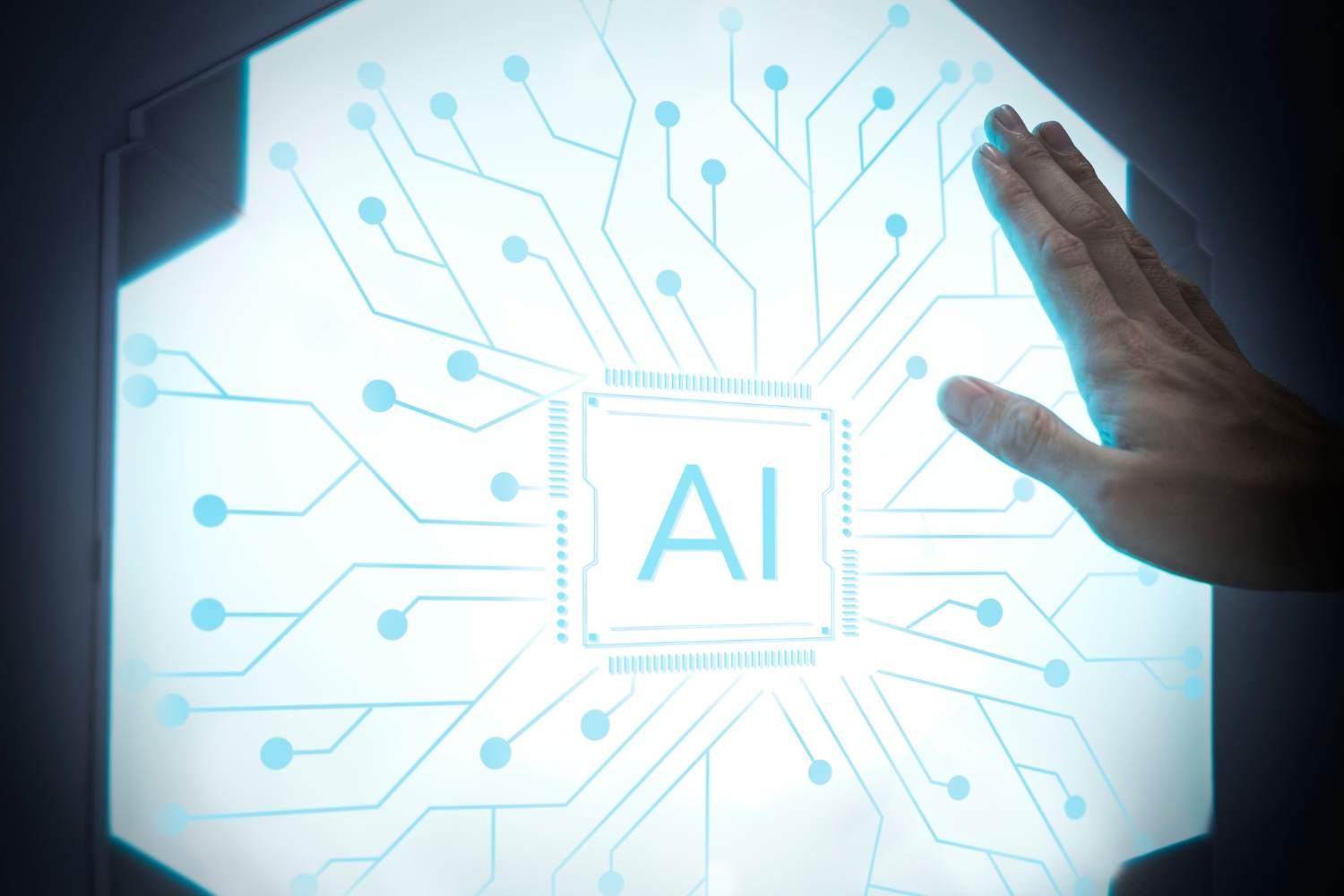
AI’s ability to analyze massive datasets is one of its greatest advantages in marketing. Predictive analytics, a branch of AI, uses historical data, machine learning models, and statistical algorithms to predict future outcomes and trends. This allows marketers to forecast consumer behavior, market conditions, and even the success of specific campaigns.
For instance, AI can identify patterns in how customers interact with a brand across various channels (social media, website, email), and predict which of these customers are most likely to convert. With this insight, marketers can focus their efforts on high-value leads, improving both efficiency and ROI.
Furthermore, AI-driven data analysis enables real-time campaign optimization, adjusting strategies based on current performance and customer engagement. This level of agility is critical in today’s fast-paced digital environment.
4. Content Creation and Optimization
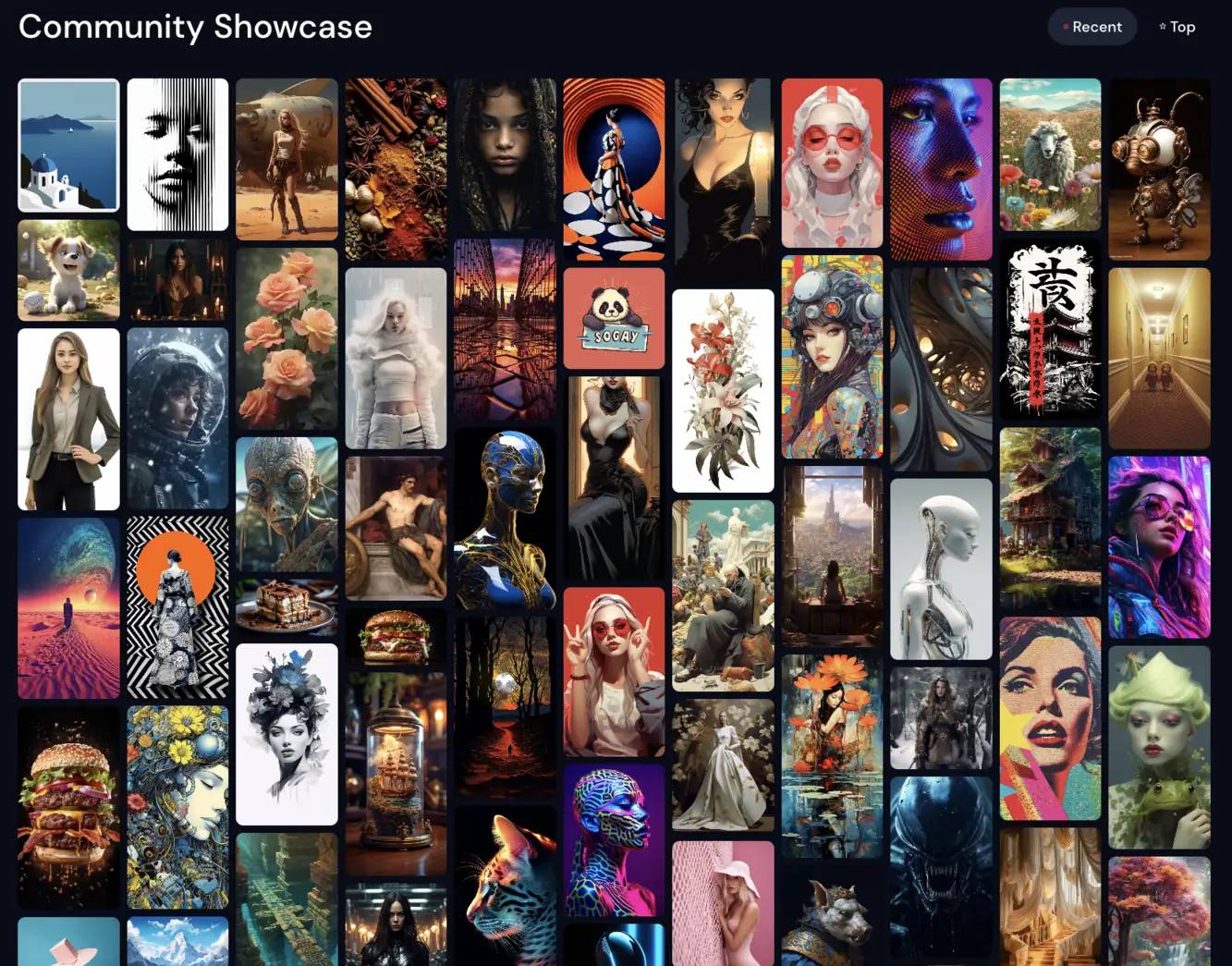
AI is increasingly being used to automate and enhance content creation processes. Tools like copywriting AI can generate text for social media posts, blogs, emails, and ads at scale, freeing up marketers from time-consuming tasks. While human creativity remains essential for storytelling, AI can handle repetitive and data-driven aspects of content creation.
AI can also help marketers determine the best time to post, the ideal length of content, and even the tone or format that will resonate most with a target audience. By analyzing user engagement and response patterns, AI tools like A/B testing algorithms allow marketers to fine-tune their content strategies continuously.
5. Programmatic Advertising

Programmatic advertising is one of the most widely adopted AI applications in marketing. This approach uses AI to automate the buying of ads, targeting specific audiences more accurately and efficiently than manual processes.
In real-time, AI can analyze user behavior data, make decisions about which ads to serve, and optimize spending to maximize return on investment (ROI). For instance, AI can predict when a user is most likely to engage with an ad based on their online activity, ensuring that marketing budgets are spent wisely.
As a result, programmatic advertising helps marketers reduce waste, improve precision in targeting, and increase ad performance.
6. Sentiment Analysis for Better Understanding of Customers

Sentiment analysis, another AI-powered tool, allows marketers to gauge customer opinions and emotions toward their brand by analyzing data from social media, reviews, and other user-generated content. By identifying whether customer sentiments are positive, neutral, or negative, businesses can adapt their strategies accordingly.
For example, a company might use sentiment analysis to monitor reactions to a new product launch or campaign. If negative sentiment is detected, the brand can quickly adjust its messaging or address specific issues, improving customer satisfaction and preventing damage to its reputation.
7. Improving ROI through Marketing Automation

Marketing automation has been around for some time, but AI takes it to a new level. AI-enhanced automation platforms can segment audiences, schedule campaigns, and even personalize messages for each customer at the optimal time. These platforms also provide detailed insights into campaign performance, helping marketers make better decisions based on data.
Through AI, businesses can streamline their marketing efforts, improving efficiency and reducing costs. The ability to automate everything from email campaigns to social media posts not only saves time but also ensures that marketing strategies are executed with precision.
The Future of AI in Marketing

The integration of AI into marketing is still in its early stages, and the potential applications continue to grow. With advances in machine learning, natural language processing, and computer vision, AI is expected to become even more integrated into every facet of marketing, from product development to customer relationship management (CRM).
In the future, AI will likely evolve from simply enhancing marketing strategies to driving innovation in how brands interact with their customers. Hyper-personalization, real-time customer insights, and predictive modeling will become standard tools for every marketer. Additionally, AI will play a critical role in creating more immersive experiences through augmented reality (AR) and virtual reality (VR) in marketing campaigns.
While AI opens up many possibilities, it also presents challenges, such as ensuring ethical use of consumer data, avoiding bias in AI algorithms, and maintaining a human touch in marketing interactions. However, brands that successfully balance AI with creativity and empathy will be the ones to thrive in this new era of marketing.
Conclusion
AI is no longer a futuristic concept; it’s a powerful tool that is transforming the way marketing is done today. By enhancing personalization, improving customer service, enabling data-driven decisions, and automating processes, AI is revolutionizing how brands connect with their audiences. As the technology continues to evolve, the role of AI in marketing will only expand, offering new ways to engage customers, optimize strategies, and drive business growth.
Join the discussion and learn from global leaders in the industry on the 23rd of October in Sofia. https://www.webit.org/festival-europe/index.php
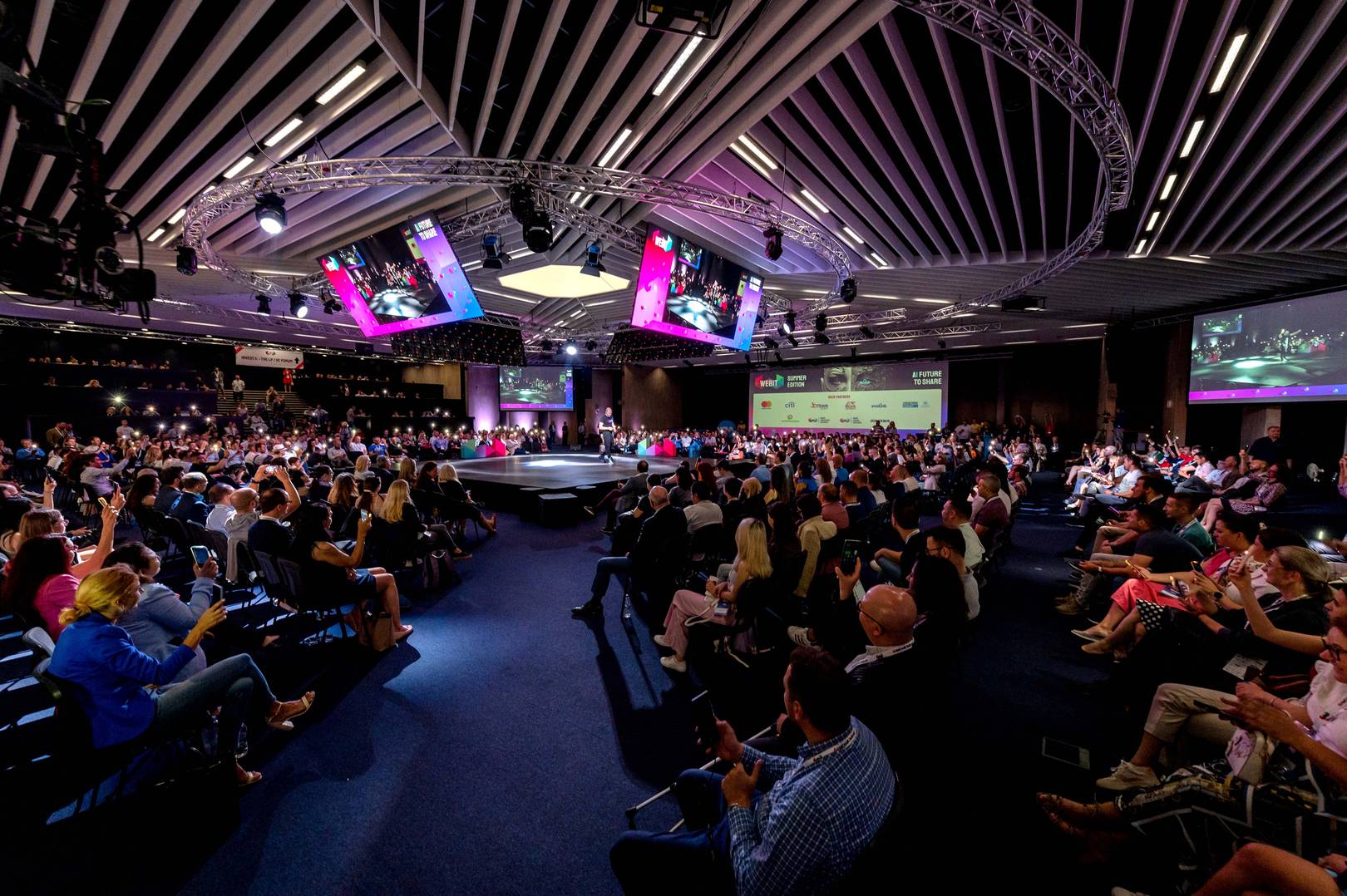
#WebitFestival2024 is an exciting opportunity for industry leaders and experts to come together to discuss the latest trends and developments in the field of marketing.
Check our ticket options here:
https://www.webit.org/festival-europe/tickets.php
